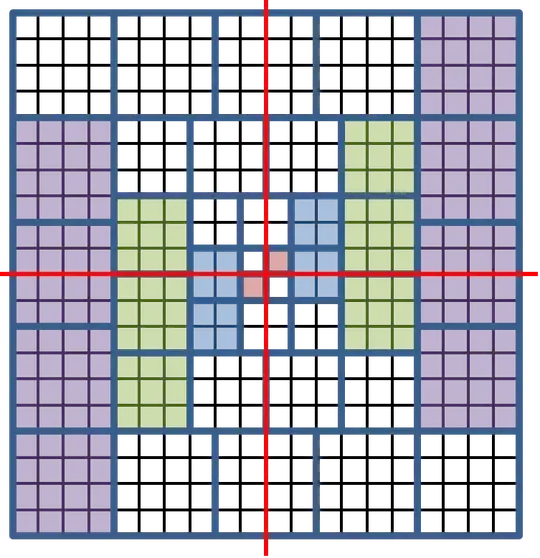usually the tasks look like
$$\sum_{i=0}^n i^2 = \frac{(n^2+n)(2n+1)}{6}$$
or
$$\sum_{i=0}^n i^2 = i_1^2 + i_2^2 + i_3^2+...+i_n^2$$
But for the following task I have this form:
$$\left(\sum_{k=1}^n k\right)^2 = \sum_{k=1}^nk^3 $$
First I am a little confused by how I approach this. Do I transform them into a complete term like in the first example? Or can I do it by just using the sums themselves? And how should I treat the square of the sum best?
The first step is pretty straight forward creating the base case. But as soon as I get into doing the "Induction Step" I am getting stuck and not sure how to proceed.
I am looking to know best practice for this case.
Edit: This question is a little different, since it is expected to proove this only by using complete induction using the sum notation.

($$\sum_{k=1}^n+1 k^2 = (k_1 + k_2 + k_3+...+k_n)²+(k_n+1_)²$$
– Thomas Christopher Davies Dec 09 '16 at 19:46